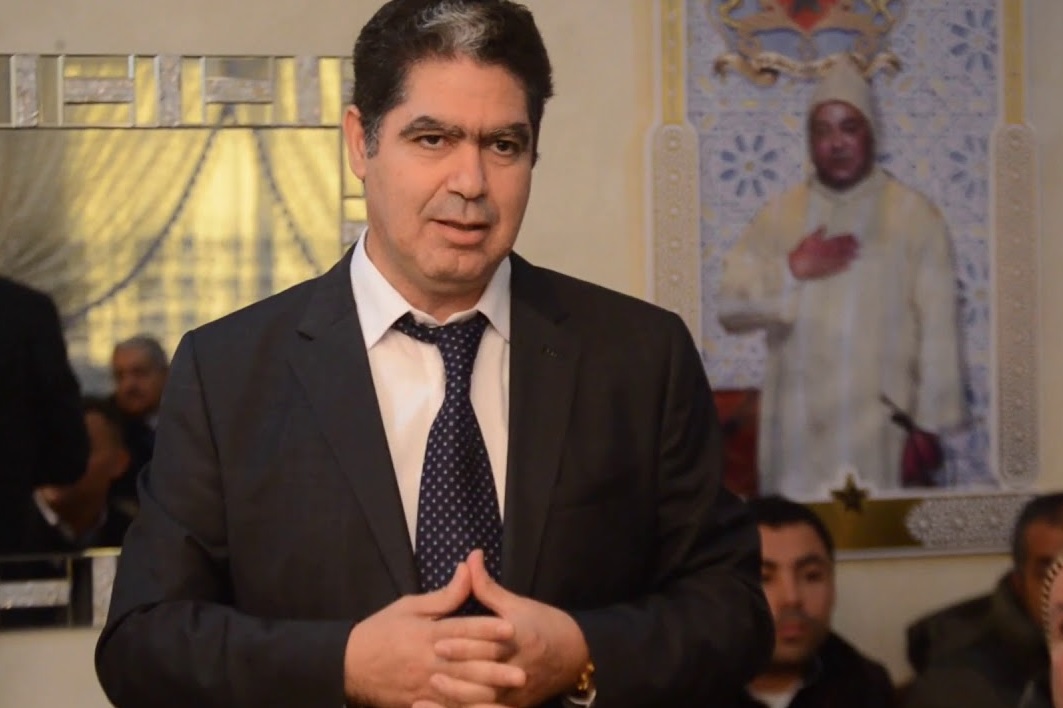Moroccan labor unions have shown a cautious sense of optimism regarding the government’s ongoing discussions about tax reforms, particularly concerning the income tax (“L’impôt sur le revenu”) aimed at benefiting wage earners. This comes alongside the details outlined in the draft 2025 Finance Bill, which marks a clear shift by the executive branch towards implementing substantial changes in this area. The proposed measures aim to ease the financial burden on workers, reflecting a commitment made during the social dialogue with unions last April.
According to the 2025 Finance Bill, a significant reform would exempt income up to 40,000 dirhams annually from income tax. Additionally, a 10% tax reduction is planned for those earning up to 60,000 dirhams, and a 20% reduction for incomes reaching 80,000 dirhams. These changes are part of an agreement between the government and trade unions, made in April, which promises tax adjustments starting January 2025. The government’s goal is to improve the middle class’s income while maintaining the tax structure for professionals.
Trade union leaders like Younes Firachine, a member of the executive office of the Democratic Confederation of Labor, emphasized that the revision of income tax rates was a key outcome of the April 2023 social dialogue agreement. He pointed out that while the tax cuts and general wage increases are steps forward, they are insufficient in light of the rising cost of essential goods. Firachine stressed the need for a deeper overhaul of the tax system to achieve greater fiscal fairness, as the current structure disproportionately burdens wage earners compared to businesses, many of which avoid paying taxes. Similarly, Ali Lafi, General Secretary of the Democratic Labor Organization, highlighted the inequity in Morocco’s tax system, which remains among the highest in the Maghreb region, affecting lower and middle-income groups the most. Both leaders agree that a more comprehensive and effective tax reform is essential to relieve pressure on public sector workers and retirees, whose tax burdens remain excessively high.









